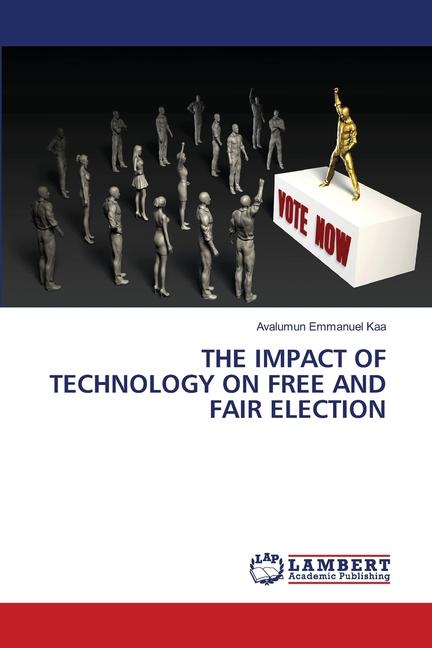Description
This book evaluates the impact of technology focusing on its role in ensuring free and fair elections. Regardless of persistent challenges such as electoral malpractices, violence, and distrust, technological innovations like biometric voter registration and electronic voting systems have shown potential to enhance transparency and accountability. Tools like the Bimodal Voter Accreditation System (BVAS) have reduced fraud and multiple voting incidents, but issues like infrastructural deficits, cyber threats, inadequate training, and political interference hinder their effectiveness. Using a mixed-methods approach, the study combined surveys, interviews with stakeholders, and case studies of past elections to analyze the impact of technology on electoral integrity, public perception, and implementation challenges. Findings revealed that while technology has improved transparency, public trust remains low due to concerns about system reliability and equitable access. Recommendations include increased investment in advanced technologies, robust legal frameworks for cybersecurity, stakeholder training programs, and public awareness campaigns to foster.
Last updated on
Product Details
- Mar 31, 2025 Pub Date:
- 6207639715 ISBN-10:
- 9786207639717 ISBN-13:
- English Language




